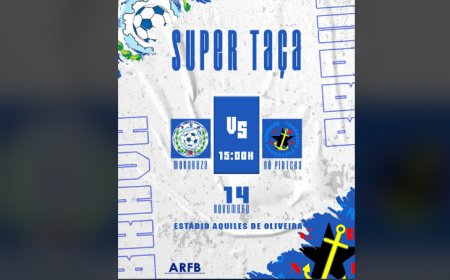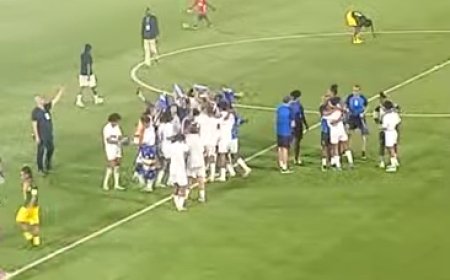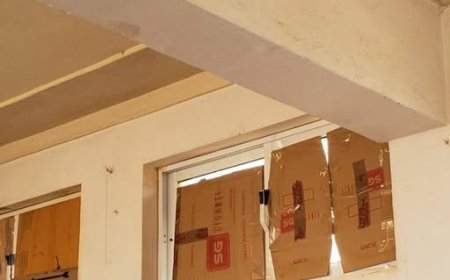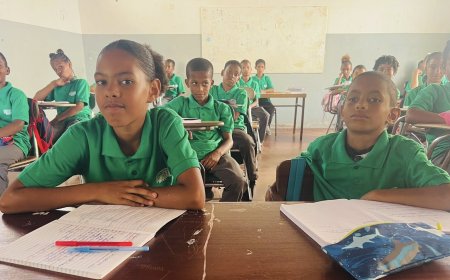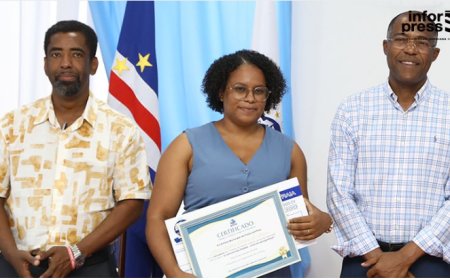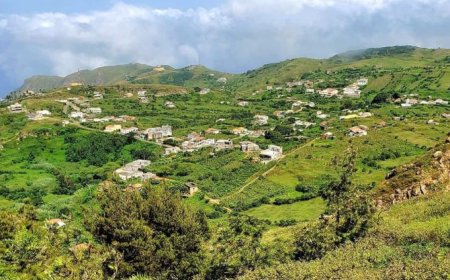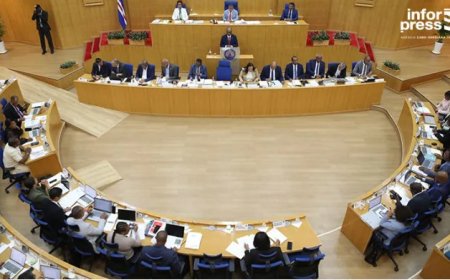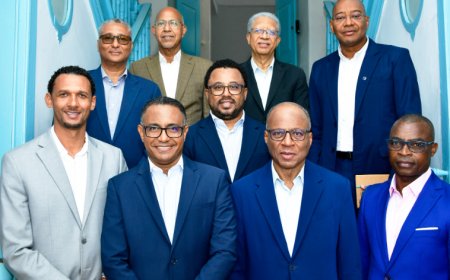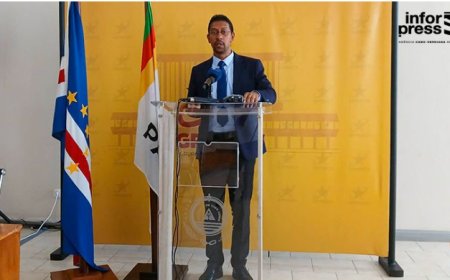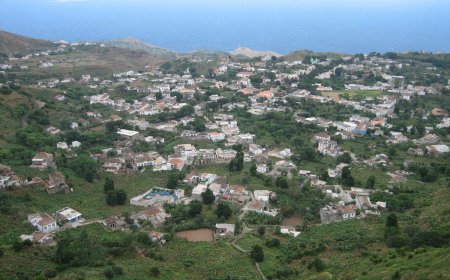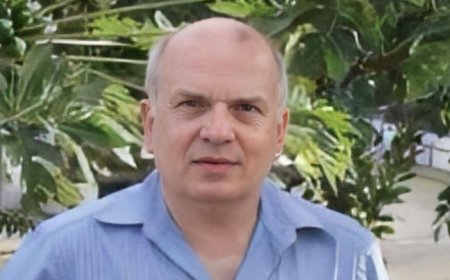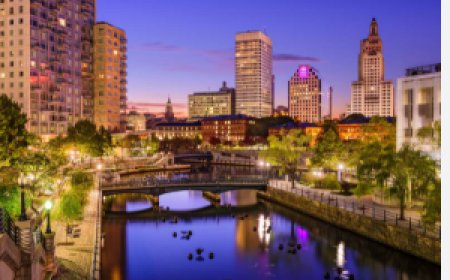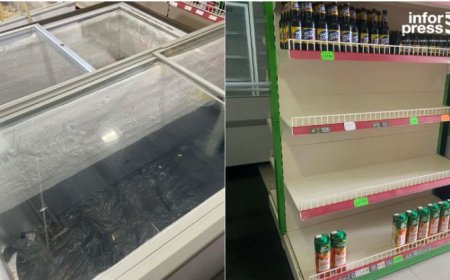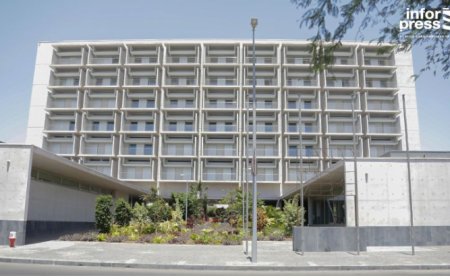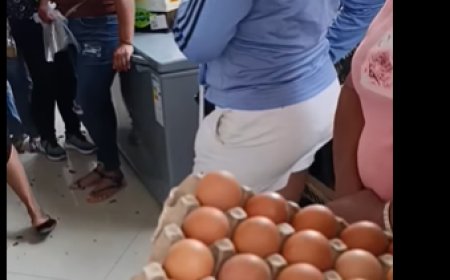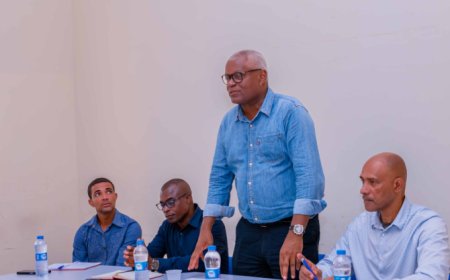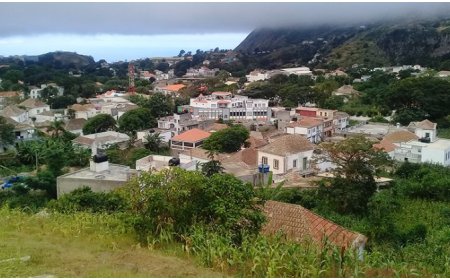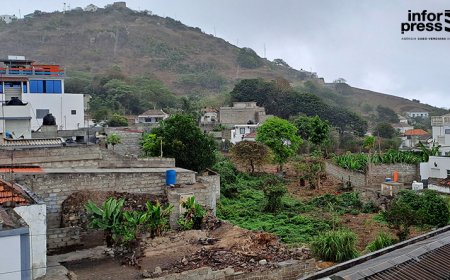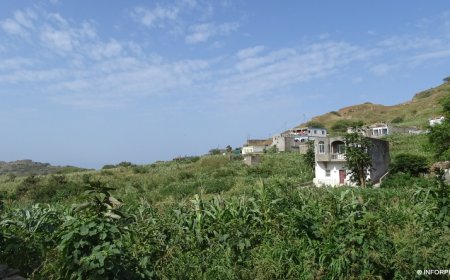Brava: Farmers worried about emerging pests and labor prices that are conditioning crops
Farmers, who usually practice rainfed agriculture, today expressed concern about emerging pests, guinea fowl and monkeys, but also about the price of labor that has conditioned sowing.
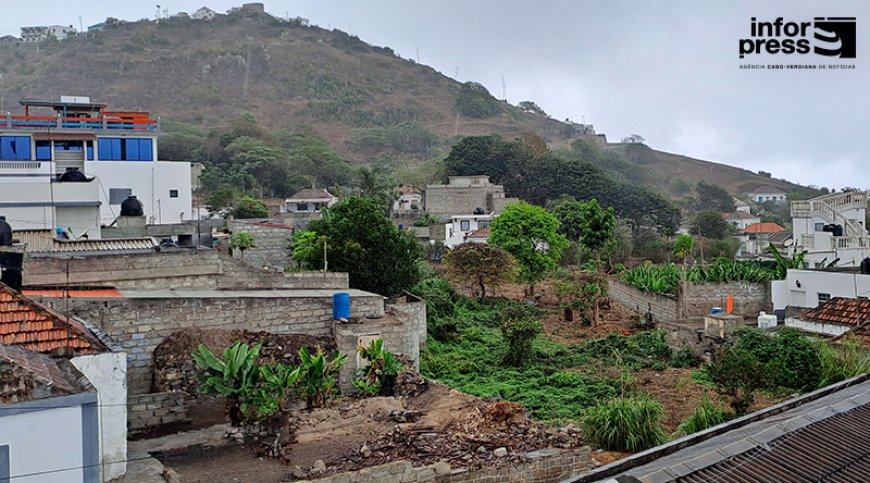
With the approach of the rainy season and with some signs that nature has given, namely, the fall of some drizzles, it is visible in all corners of the island people doing their sowing, although, there are places that are conditioned and that are obliged to wait for the ground to be completely wet to “try to escape” the sowing of the infestation of wild chickens.
In almost all areas, farmers are concerned about the “fight” they have ahead of them with the large number of guinea fowl that infest the island, as told by Ildo Rodrigues, a farmer residing in the town of Braga, who said that in this community are seriously thinking about whether or not it is worth sowing, because they already foresee that this plague will not even let the corn sprout.
According to this farmer, the area is poor, the workers are charging 2,000$00 each day of work, the seeds are being sold for 1,000$00 each liter, which is not worth it, as the guinea fowl will not leave the seeds are born and not even develop.
However, it is not just in Braga that farmers or families that practice rainfed agriculture are concerned about the pace and future of the agricultural year, because even if there are no wild hens in Nova Sintra, there are difficulties in relation to labor and Henrique Senna, a farmer, said he was facing difficulties in finding workers, revealing that, even though he was charging a high price, there were no people available to do such work.
But he made it clear that it is not because there is work for everyone in other areas, but rather that "young people no longer want hard jobs that require a lot of effort", and this lack of labor coupled with the price, according to the same source will lead to more land becoming abandoned this year.
Likewise, for the parish of Nossa Senhora do Monte, the scenario is no different, as Carlos Bango said, but in addition to the situations described by his colleagues, he also added the plague of monkeys, emphasizing that if they wait for the rains to sow and thus try to escape some grain of corn or beans from the guinea fowl, they fear that the plantations will be damaged later by the monkeys.
Therefore, he added that they are still weighing whether or not it is worth sowing, "making a big investment and then not having any income due to emerging pests".
Bango said he was confident that the signs that nature is giving, point to a better year than the previous ones, but the emerging pests are conditioning all possible efforts that farmers could make even with manual labor. at a high price and the price of seeds, because “there is no point in investing when there is almost certainty that factors, which go beyond their capabilities, condition production and income”.
Meanwhile, he asks those who are able and who are not being attacked by the emerging plagues not to become demoralized, because “the signs point to a much better year”.
inforpress








